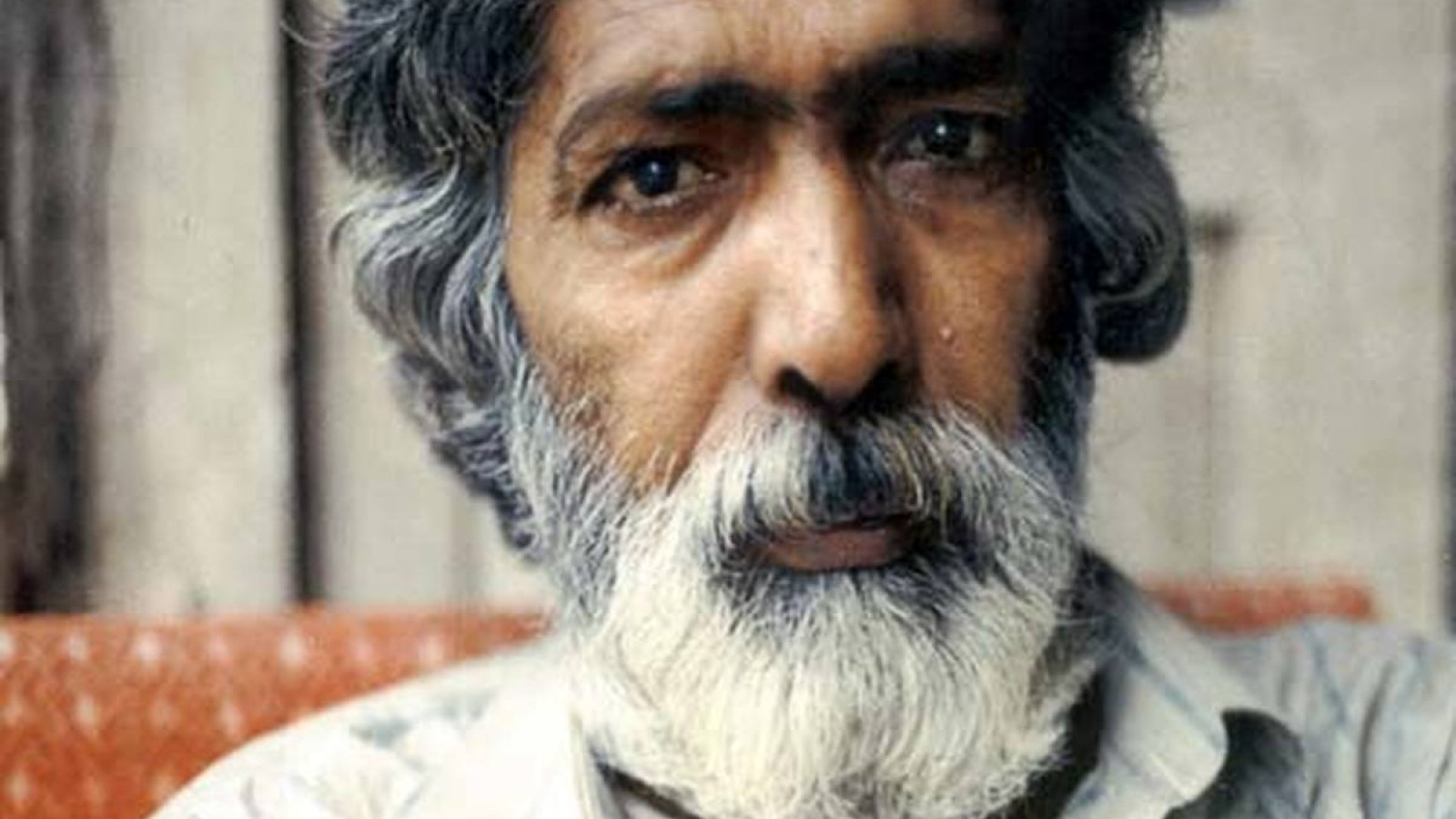
Ebrahim Monsefi, a poet, composer, singer and musician, was born on Azar 16, 1324 SH in Bandar Abbas. Since his parents were separated, he spent his childhood and teenage years with his grandparents in Batguran or the Hindu temples.
Monsefi spent a life full of ups and downs, a factor that had deep effect on his poems. Monsefi has written beautiful poems using local dialects of Banadri and Minabi. They have gained the attention of people of southern region, and are still popular among them. He published his first book of poems titled Morvarid e Sahel (Pearl of the Beach) or Golhaye Anduh (Flowers of Sadness) in 1343 SH. He then began writing Noe poems, which were Farsi poems in modern style. Some of them were published in papers such as Khusheye Shamlu, Ferdowsi. Two of his stories were published in Abnus magazine. He was hired by the Ministry of Education of Bastak in 1350 SH and began working as a teacher in the rural regions of the district.
In 1351 SH, he played in movies kalanghayam Ra Dust Daram and Berkeye Khorshid. He won the prize for the best actor in 1352 SH for his role in the movie Nahang (The Whale).
In addition to being a poet and writer, Ebrahim Monsefi was a skillful painter. He played guitar smoothly, too. He is one of the most prolific and well known poets of south of Iran. He was a pioneer of modern poem in Hormozgan and has influenced many of poets of next generations. Cultural and ritual elements of his identity can be traced in his works, a trait that represents his fidelity to the identity he came from. Being from rough, hot and unforgiving nature of south of Iran, the themes of his works are mostly loneliness, isolation and love. The poems of Monsefi are about inner pains, poverty, love for humankind, pain and suffering from hardships expressed in very simple and fluent words. In Hormozgan, he is known as the Nima of Hormozgan. He passed away on Tir 1, 1376 SH in Bandar Abbas.
His first album and songs were published ten years later. One of his poems says: “Whatever I have today, I have got from you, the Sea. You gave birth to me, gave me life, and now, I wish for your heart of glass to purify.”